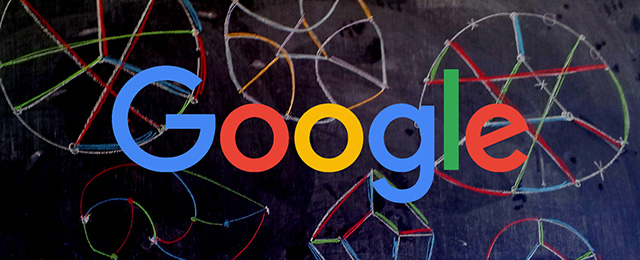
Gary Illyes of Google posted on Twitter that you should keep a redirect live for a year for Google Search purposes. The signals from original page A to destination page B will all be transferred and stick with page B even after the redirect is removed, if that redirect is live for a year.
We have heard the advice from Google before that keeping redirects up for a year is good practice. But this is the first time a Googler is saying this is a "concrete answer" and more so, that even after the redirect is removed, the signals do not go back to the origin page but stick with the destination page.
Here is Gary's original tweet:
hands up if you asked us recently for how long you should keep redirects in place!
— Gary 鯨理/경리 Illyes (@methode) July 21, 2021
i have a concrete answer now: at least 1 year.
(but try keeping them indefinitely if you can for your users).
He then went back and forth on Twitter with dozens of questions and issued a clarification saying, "if a signal was already passed to B, it will stay there ~no matter what."
I like how Patrick Stox summed that up:
So the main thread branched a lot with a lot of questions but I think this is the main takeaway. 301 redirects really do consolidate those signals (usually in under a year since G first crawled) and those signals still stay with the new page even after a redirect is removed. https://t.co/lGG4vZdix0
— Patrick Stox (@patrickstox) July 21, 2021
Google updated its site move help doc in section six to read "Keep the redirects for as long as possible, generally at least 1 year. This timeframe allows Google to transfer all signals to the new URLs, including recrawling and reassigning links on other sites that point to your old URLs. From users' perspective, consider keeping redirects indefinitely. However, redirects are slow for users, so try to update your own links and any high-volume links from other websites to point to the new URLs."
Here is some of the back and forth when SEOs started to understand if the signals stick even after the redirect is removed. And to be clear, they do, but once the redirect is removed, the new signals pointing to origin page A are not passed to the removed redirect destination page B. I hope that makes sense...
correct
— Gary 鯨理/경리 Illyes (@methode) July 21, 2021
A, if the redirect is not there anymore
— Gary 鯨理/경리 Illyes (@methode) July 21, 2021
ok i see what's confusing... i think.
— Gary 鯨理/경리 Illyes (@methode) July 21, 2021
if the redirect is not in place anymore, A won't share anything with B FURTHER. Whatever it passed on will stay there, but newly collected stuff won't be passed on
they will stay with B unless they're not relevant to B's content, in which case they're ignored/dropped
— Gary 鯨理/경리 Illyes (@methode) July 21, 2021
anchors assigned to B through a redirect will not go back to A if you remove the redirect.
— Gary 鯨理/경리 Illyes (@methode) July 21, 2021
if A gets new anchors after the redirect is removed, those will stay with A. and B can collect its own anchors to the stash it got from A while the redirect lasted
ugh. I'M THE CAUSE OF THE CONFUSION
— Gary 鯨理/경리 Illyes (@methode) July 21, 2021
Let's see if i can make this right: if a signal was already passed to B, it will stay there ~no matter what.
And technically it can be less than a year, but a year is safe:
it can be less than 1 year, but 1 year is safe.
— Gary 鯨理/경리 Illyes (@methode) July 21, 2021
And the clock starts ticking when Google notices the redirect:
good point. since google first crawled
— Gary 鯨理/경리 Illyes (@methode) July 21, 2021
Pretty cool transparency from Google on this!
Forum discussion at Twitter.

